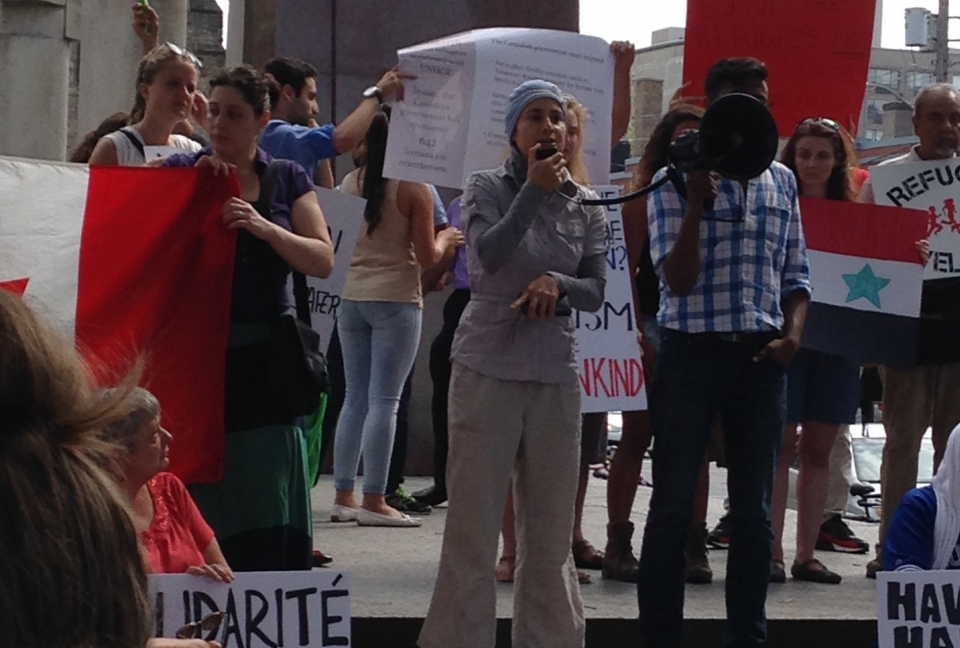What had been growing for months as an international debate on countries’ obligations regarding refugees and migrants in the Middle East and Europe exploded as a discussion in our own country last week when news of the tragedy of three-year-old Aylan Kurdi, whose body washed ashore with others in Turkey, reached Canadians’ screens and hearts. This was compounded by news that Canada was the target destination of Aylan Kurdi’s family. As Canadians sought to understand the cause of this tragedy and its wider crisis, they hungered for information on what could be done and what we know from past experience that might guide our response.
There are no easy answers, but at this difficult and confusing time of public debate, voices from the social sciences and humanities community are playing a critical role in helping Canadians get the information and perspectives they seek. Legal and human rights faculty like Professors Catherine Dauvergne and Efrat Arbel at UBC and Audrey Macklin at the University of Toronto have been offering their expertise to the media; academics like the University of Ottawa’s Nadia Abu Zahra and Jennifer Bond have spoken at public rallies; and national and international decision makers turn to Canadian scholars for policy recommendations, including François Crépeau, Oppenheimer Chair in Public International Law at McGill University and the UN Special Rapporteur on the Human Rights of Migrants (here is his interview on ICI Radio-Canada). Other academics who have contributed their expertise include Umut Ozsu, Sharry Aiken and Howard Adelman, among others.
Through the media and on the ground action, our community has spoken to the lessons of history, the requirements of law, the politics of inclusion and exclusion and, importantly, to human values, asking Canadians to reflect on those to help decide our course of action. The discussion and debate will continue over months to come, with diverse perspectives on this complex economic, social, political and, above all, human crisis. Let us note how the discussion is richer and more thoughtful with the contributions of the Canadian social sciences and humanities community, underscoring the key roles academics can play alongside other actors in public engagement, thought leadership and evidence-based policy making.

